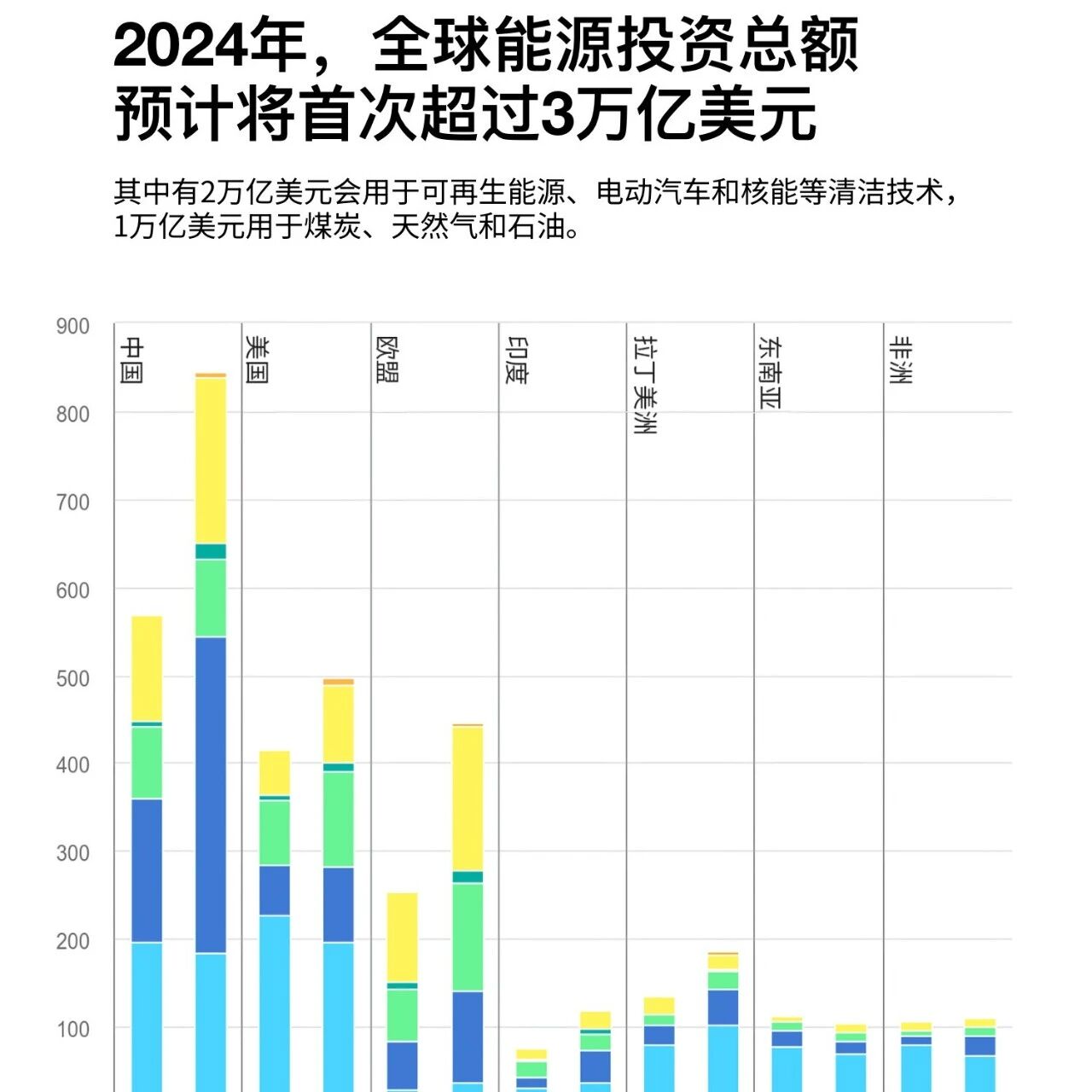Building cross-cultural connections helps enhance well-being and mental health.
Image source:Getty Images/iStockphoto
Andrew Moose
Global Head of Health and Wellbeing at the World Economic Forum
Ruma Bhargava
Head of Mental Health at the World Economic Forum
Due to the combined impact of social, economic, technological, and ecological pressures, global adolescents are experiencing declining levels of well-being.
This decline will have implications for the future economy and health.
Continuous reforms in healthcare, education, and social media must be implemented to support young people.
We live in a world where teenagers must confront feelings of crisis even before reaching adulthood. Historically, young people were seen as symbols of optimism, but today, they report lower levels of happiness compared to their elders.In Shakespeare’s depiction of "The Seven Ages of Man" from *As You Like It*, old age is portrayed as a melancholy stage—but the latest World Happiness Report reveals a troubling reality: young people around the globe now report lower levels of happiness compared to their elders. Since 2006, youth in North America, South America, Europe, South Asia, the Middle East, and North Africa have experienced declining happiness levels.As highlighted in the report and related follow-up studies, the following three factors contributed to this decline:: | :
Follow us on Weibo, WeChat Video Accounts, Douyin, and Xiaohongshu!
"World Economic Forum"





